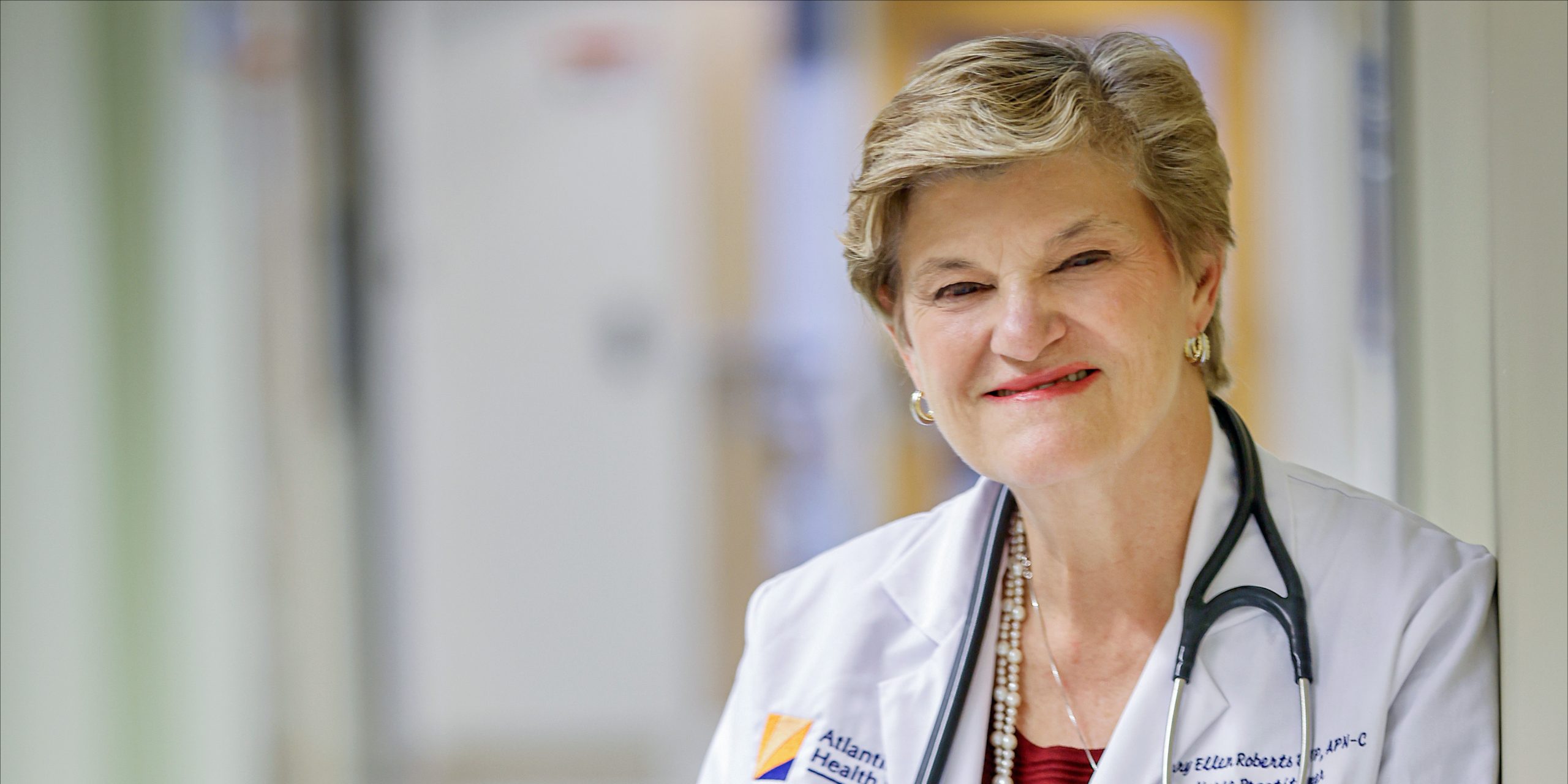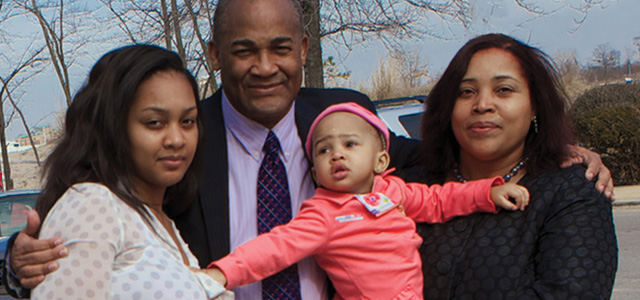By Amanda Loudin
Nurses are the nation’s caregivers, but there aren’t enough of them. The shortfall nationwide could reach 450,000 by 2025, according to a recent McKinsey report, a situation the consulting firm deemed “dire.” Mary Ellen Roberts, associate professor in the College of Nursing and chair of the graduate nursing department, is determined to help change the equation.
Roberts already has had an indelible impact on growing the profession, particularly the number of nurse practitioners — nurses who function at an advanced level and often serve as primary-care providers. In June, she received the 2023 Legacy Award from the Fellows of the American Association of Nurse Practitioners, which honors members who have made a profound and lasting impact on the profession.
“Healthcare systems must look at the shortage and chaos of the current nurse-to-patient ratio and understand its impact,” Roberts said. “When the ratio isn’t what it should be, you aren’t going to keep people at the bedside.”
Roberts’ 30-year career has been a story of advocacy and leadership. Combining clinical, academic and legislative experience, she has served her profession in many ways.
Elevating the profession
Beginning in 1974 as a licensed practical nurse, Roberts worked her way up the nursing ladder, eventually receiving a doctorate from the University of Iowa in 2011. She received a master’s of science degree in nursing and a master’s degree in nursing education from Seton Hall in 1990, which allowed her to sit for her exams and become a nurse practitioner.
After working for more than 20 years in a cardiology practice, Roberts returned to Seton Hall as director of the Doctor of Nursing Practice and Acute Care Nurse Practitioner programs. “I was asked to revive the curriculum for the programs and make it more appealing,” she explained. “We’ve been able to successfully grow them both.”
At the time she took over, Roberts had just two students in each of the two programs. Today, the Acute Care program has 70 students enrolled and the DNP program has graduated almost 60 students in the past decade. “The academic side of my career is appealing because it allows me to get creative in training the future generation of nurse practitioners,” she said. “I find that invigorating and satisfying.”
Roberts also has helped develop standards of practice and worked on related legislation. She now is working to make New Jersey the 28th state to give nurse practitioners “full practice authority,” meaning they could care for patients without physician oversight.
“Our governor suspended the need for physician collaboration during the COVID emergency,” she explained. “We demonstrated it worked, so it’s time to make it permanent.”
Roberts has also contributed research, the latest focusing on the impact of the pandemic on nurse practitioners and patients. “A colleague and I decided we needed to know what the lived experience was for patients who survived,” she explained. “We performed a qualitative study of patients who experienced the first wave of COVID. They all stated they were lonely, isolated and needed more support than they received.”
In looking into the registered nurse experience during the pandemic, Roberts discovered that many experienced post-traumatic stress disorder as a result of providing care. “Many stated they would leave the field if they ever had to experience another pandemic,” Roberts said. “Some have already left the profession, and others are contemplating it.”
That final point is why Roberts is determined to shepherd in the next component of nursing education. “Schools need to teach nurses self-care and resilience,” she said, “and we also need the medical system to care for nurses. Otherwise, we’re not going to keep people in the profession.”
Photo by Michael Paras







